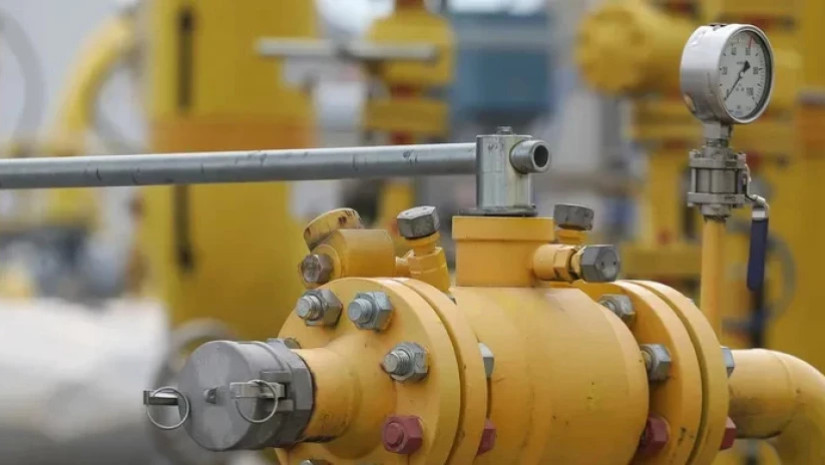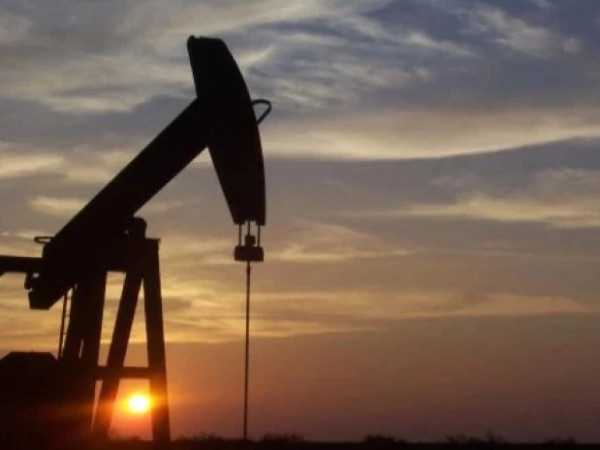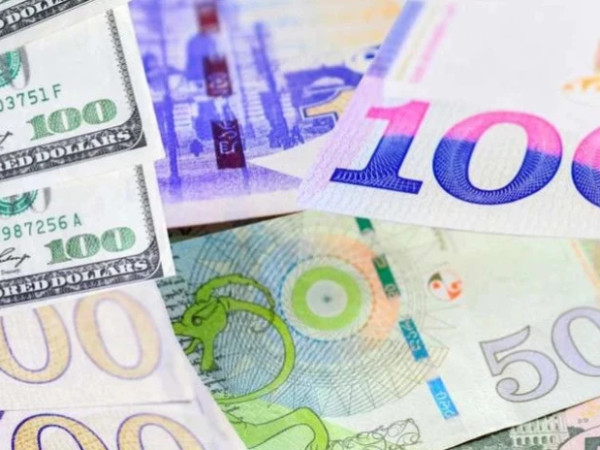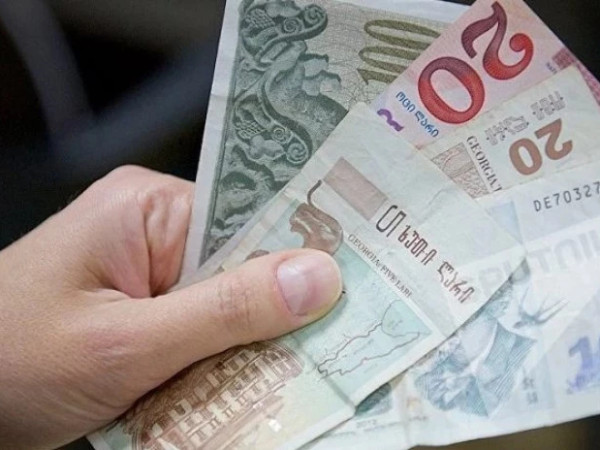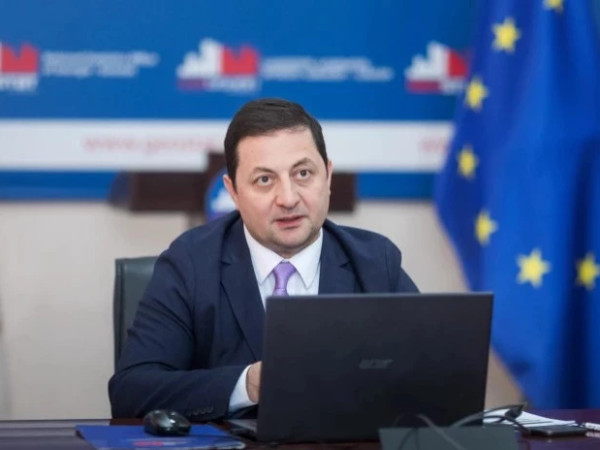EU ministers voted a European Commission proposal to ban Russian energy products but landlocked countries like Hungary and Slovakia will be exempt over concerns linked to supply security.
EU energy ministers agreed on Monday to ban all Russian energy imports as of 1 January 2028, in a bid to break free from decades of energy dependence on Russia.
Pending the European Parliament's agreement, EU imports of pipeline natural gas, liquefied natural gas (LNG) oil, and nuclear products from Russia are set to be forbidden in a little more than two years, as decided by ministers at an energy Council meeting in Luxembourg.
However, pipeline gas deliveries to land-locked countries such as Hungary and Slovakia — the two countries voting against the bill — will be exempted as Budapest and Bratislava negotiated guarantees with the European Commission in case of legal action from gas suppliers.
According to the Council communique on Monday, short-term contracts concluded before 17 June 2025 may continue until 17 June 2026, whereas long-term contracts may run until 1 January 2028.
Brussels has been looking for ways to phase out Russian oil and gas imports and cut Moscow from revenues to fund its all-out war in Ukraine, now in its fourth year.
Critics have argued that the energy withdrawal from Russia will create a dependency on Washington and have urged the bloc to further diversify its energy sources.
The law also bans imports through the Turkstream — a gas pipeline running through Turkey to southeastern Europe — although if companies can prove the imported gas has only been in transit through Russia or Belarus and was produced in another country it will be allowed entry into the bloc.
Under the new law, EU countries are required to develop national diversification plans with concrete actions and timelines for ceasing imports of Russian natural gas and oil supplies by 1 March 2026.
Hungary and Slovakia showed resistance to the ban citing energy security issues and higher prices, in what Slovakian Premier Robert Fico said was "economic suicide" and "some new Iron Curtain ... being built".
However, the ballot only required a qualified majority of 55% of member states representing 65% of the bloc's residents to back it, since the rule was proposed under the trade legal basis rather than the sanctions regime, which requires unanimity.







